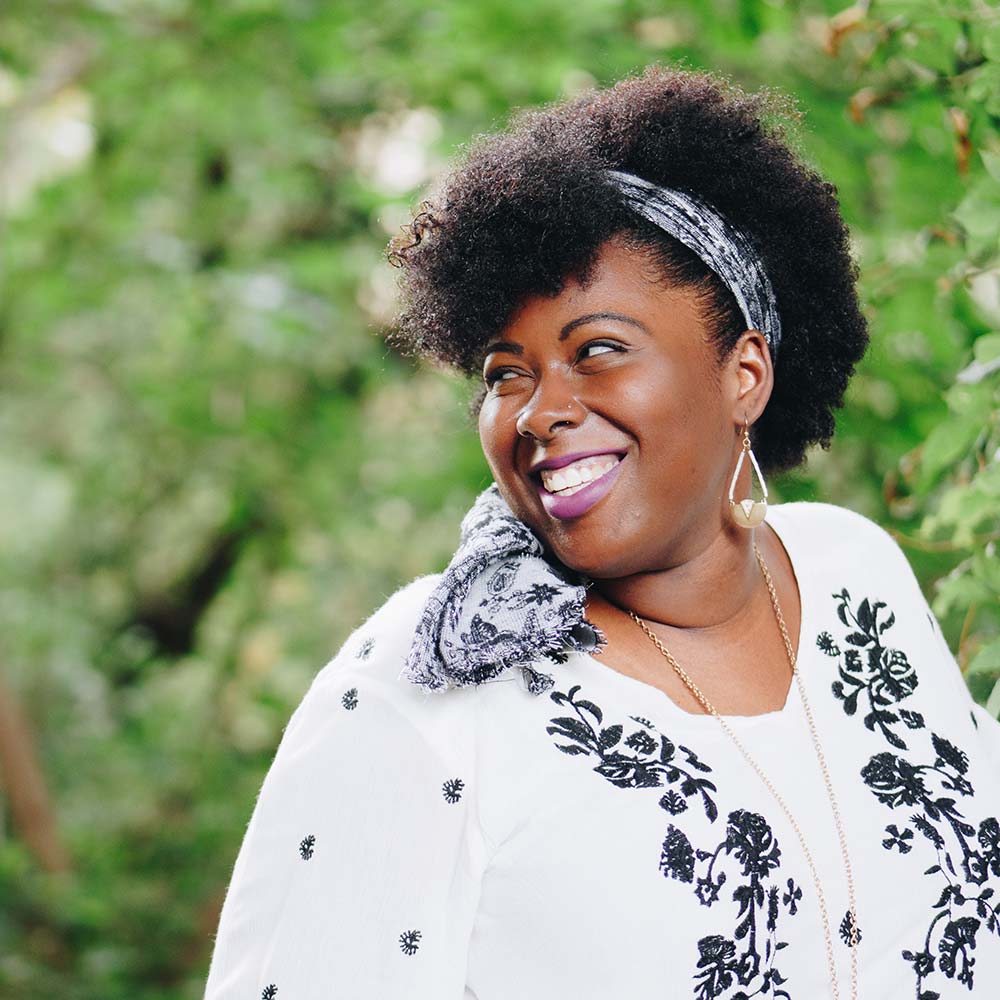How Two Arkansas College Students Overcame COVID-19 Vaccine Hesitancy and Hectic Life to Get More Young People Vaccinated
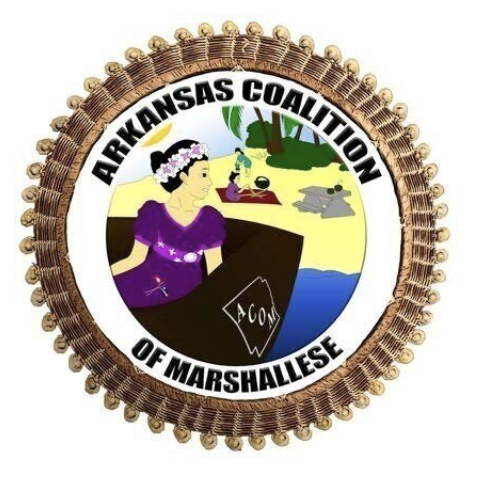
For millions of students across the country, the COVID-19 pandemic wreaked havoc on their lives. Losing the ability to go to high school dances. Unable to enjoy the spirit and energy of college sports games. Not being able to be with friends and learn from teachers in person. Regardless of age, COVID-19 has resulted in significant disruptions in students’ academic, social, and personal well-being. But after difficult months and with students well underway getting vaccinated, much progress has been made to protect against the devastating effects of COVID-19 — and two students from the Arkansas Coalition of Marshallese share with Made to Save what they have been doing to convince their peers to get vaccinated and how to best get others vaccinated.
JR Kiona is 19 years old, a freshman at the University of Arkansas, and serves as an intern for the Arkansas Coalition of Marshallese. Throughout the pandemic, JR recognized the difficulty that came with the pandemic — the challenges to learning, the inability to see his friends, and the missed moments of high school. But when the vaccines were made available to JR, he initially felt hesitant. “I wasn’t interested in it all, at first,” said JR.
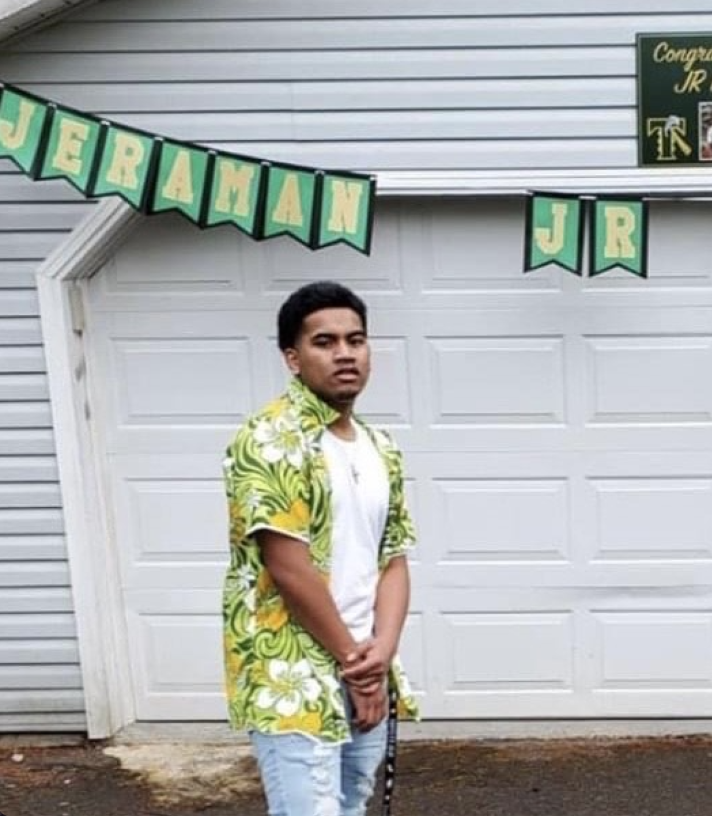
JR Kiona
But, at the end of the day, JR, working a job in Seattle, was encouraged by those around him to get vaccinated. Listening to their advice and researching the vaccines, JR ultimately got the vaccine against COVID-19 “because [he] wanted to protect other people and especially families.” For JR, the biggest issue had simply been “putting something in [his] body” with which he was unfamiliar. JR’s story underscores a critical point: that building trust around the COVID-19 vaccine—whether it comes from honest conversations with family members or simply doing research—can help overcome initial hesitancy.
Unlike JR, Lewisa Lawin, also 19 years old and an intern at the Arkansas Coalition of Marshallese, did not hesitate when it came to getting vaccinated. With family members who were diagnosed with COVID-19 and wanting to protect others in her community, Lewisa knew that getting vaccinated would help her do her part for her loved ones. Lewisa said in an interview with Made to Save that she had “no worries” when it came to getting the vaccine.
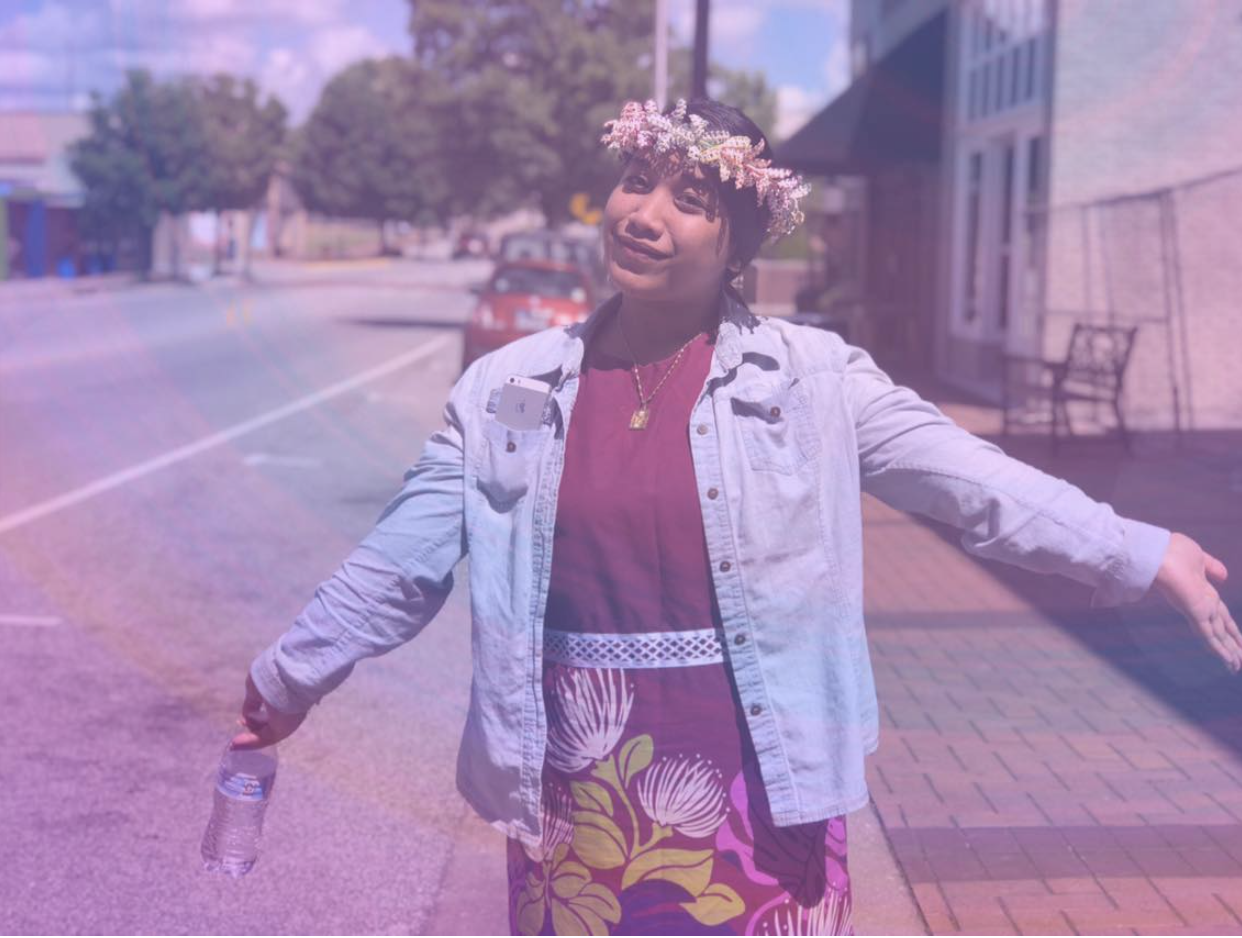
Lewisa Lawin
While JR and Lewisa both had different experiences in coming to terms with the vaccines, they both ultimately received vaccinations. Since the vaccines were made available for JR and Lewisa’s age group, other young people have been sharing similar sentiments across the spectrum, from the lack of understanding of the contents of the vaccine to simply wanting to protect one’s community. Yet JR’s and Lewisa’s ultimate decisions, as hard or as easy as they were, reflect a trend that gives Made to Save hope: a majority of young people are stepping up and getting vaccinated. According to the CDC, nearly 70% of the 18-25-year-old age range have received at least one dose of vaccine, and over 60% of the 12-17-year-old age range have received one dose of vaccination.
Seeing such numbers provides optimism that more and more young people like JR and Lewisa are doing their part to better their community. After JR and Lewisa recognized the imperative to get vaccinated, they both wanted to do more. This is what ultimately led them to join the Arkansas Coalition of Marshallese as interns, where they are working not only to make vaccination numbers even higher, but to also build trust and confidence around getting vaccinated for communities of color and the 5-11-year-old age range — which just received clearance from the FDA to get vaccinated.
One way that JR has encouraged his peers to get vaccinated is “by showing them a video of different perspectives on why some people got vaccinated immediately and why others took more time thinking about it.” By showing a wide range of perspectives around the end goal, JR told Made to Save that it demonstrates to young people that “other people are in the same shoes,” which prompts those hesitant about getting vaccinated to become more willing to get vaccinated.
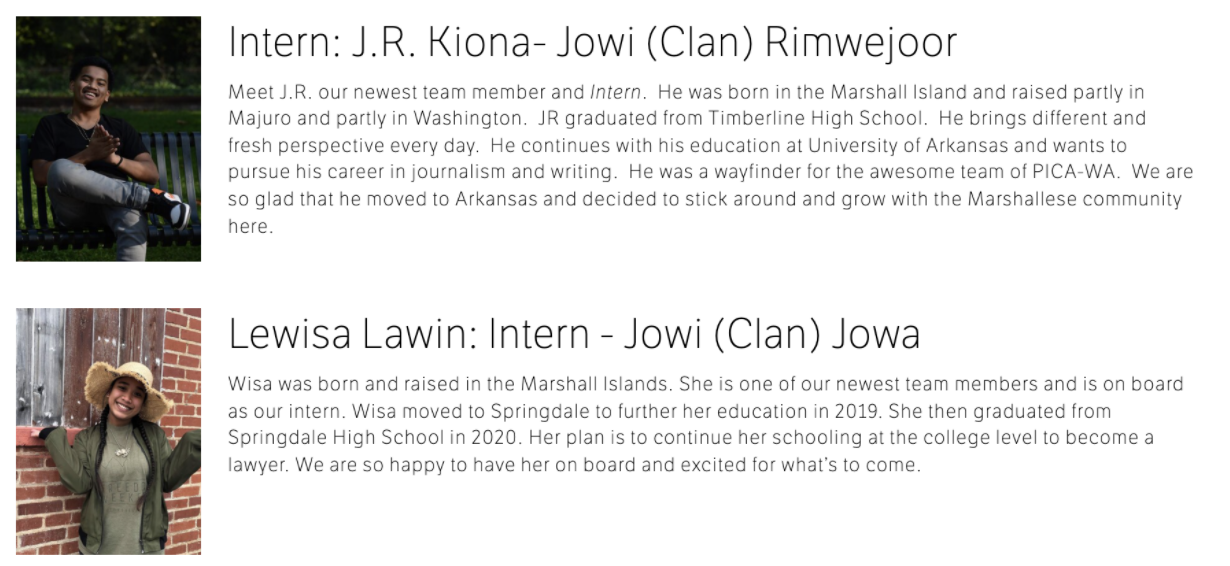
As a part of Lewisa’s effort to get more of her age group and communities of color vaccinated, she has been doing direct outreach. From knocking on doors to setting up vaccine clinics to calling people, Lewisa has been on the ground reaching those who need the vaccines most. During each conversation, Lewisa strives to tell people to “not get scared getting the vaccine” and that they are “completely safe.” Through individual conversations and meeting people wherever they are situated, Lewisa helps build empathy, trust, and confidence in the vaccines.
Having experienced the hardships of COVID-19, both JR and Lewisa, as 19-year-olds, continue to share one goal: to get as many young people vaccinated as possible. As a part of that effort, working with Arkansas Marshallese has been critical. At the end of the day, JR says that “speaking to people’s hearts — encouraging them to take the vaccine; taking your time with them; and telling them what the vaccine has meant to me” is essential to getting more people vaccinated.
Indeed, speaking to people’s hearts is exactly the way forward in getting as many young people vaccinated as possible during the holiday seasons and in the coming months.
